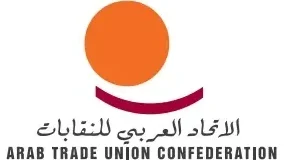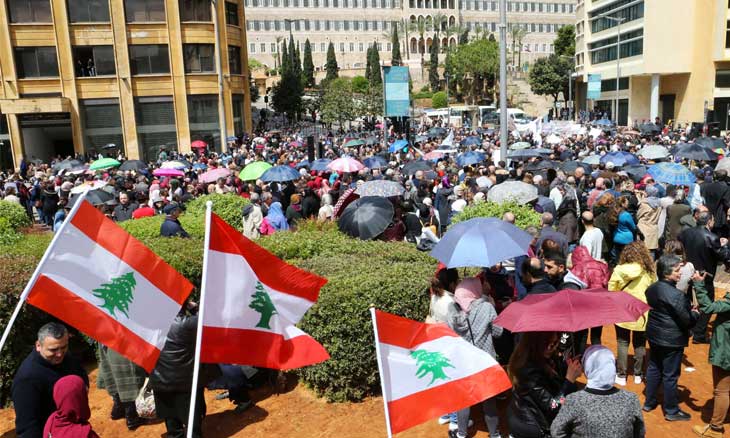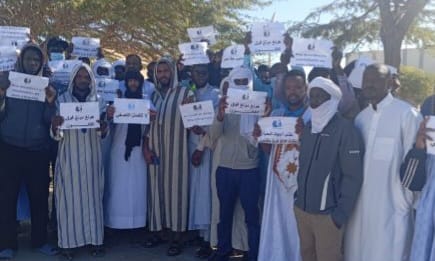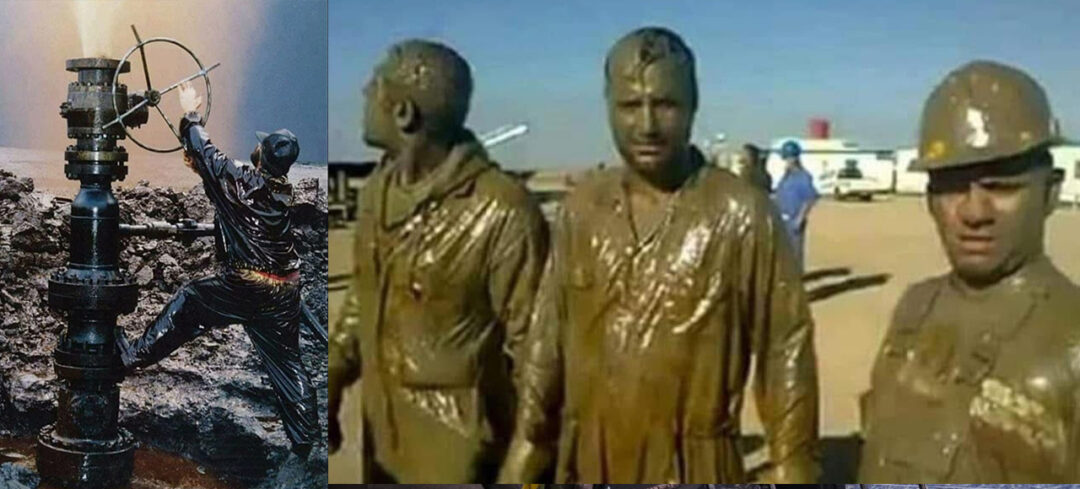World Day Against Trafficking in Persons: Trade Unions at the Heart of Global Efforts to Eradicate this Crime
Convention No. 29 on Forced Labour defines it as “any work or service exacted from any person under the menace of any penalty and for which the said person has not offered himself voluntarily.” This convention, ratified by 181 countries, is complemented by a comprehensive normative arsenal aimed at combating and eradicating this scourge. These include the Abolition of Forced Labour Convention, 1957 (No. 105), the Labour Inspection Convention, 1947 (No. 81), the Labour Inspection (Agriculture) Convention, 1969 (No. 129), the Private Employment Agencies Convention, 1997 (No. 181), the Migration for Employment Convention (Revised), 1949 (No. 97), and the Migrant Workers (Supplementary Provisions) Convention, 1975 (No. 143).
Trafficking in persons is a serious crime and a blatant violation of human rights. Every year, thousands of men, women, and children fall victim to human traffickers, either within their own countries or abroad. This scourge affects nearly every country, whether as a country of origin, transit, or destination.
The United Nations Office on Drugs and Crime (UNODC), as the custodian of the United Nations Convention against Transnational Organized Crime (UNTOC) and its related protocols, plays a crucial role in supporting countries in their efforts to implement the protocol to prevent, suppress and punish human trafficking. This protocol, also known as the Palermo Protocol, lays the foundation for coordinated international action to combat trafficking in persons in all its forms.
Combating trafficking in persons requires an integrated and multilateral approach that involves not only governments but also civil society, international organizations, and the private sector. Together, these actors can create a network of protection and support for victims.
This year’s global campaign to mark World Day Against Trafficking in persons highlights the urgent need to intensify efforts to eradicate child trafficking. Children constitute a significant proportion of trafficking victims worldwide, with girls particularly vulnerable. According to the Global Report on Trafficking in persons by the United Nations Office on Drugs and Crime (UNODC), children are twice as likely to experience violence during exploitation compared to adults. Furthermore, children are subjected to various forms of trafficking, including exploitation through forced labor, involvement in criminal activities or forced begging, trafficking for illegal adoption, recruitment into armed conflict, and online sexual violence and exploitation.
In the face of multiple crises such as armed conflicts, pandemics, economic hardships, and environmental challenges, the vulnerability of children increases. Additionally, the rise of online platforms adds further risks, as children often access these platforms without adequate protection. Human traffickers exploit these platforms, as well as social media and the dark web, to recruit and exploit children, using technology to evade prosecution.
This year’s campaign calls for enhanced and coordinated actions to protect children from these forms of exploitation. This includes improving detection and prevention mechanisms, increasing resources to support victims, and enacting stricter legislation to punish human traffickers. Additionally, raising public awareness and educating children about online risks are critical to safeguarding them from predators.
Governments, trade unions, international organizations, civil society, and the private sector must work together to create a safe environment for children. This also involves enhancing international cooperation to track and dismantle trafficking in persons networks.
Trade Union Movement: A Key Bulwark Against Human Trafficking
Excessive restrictive migration policies globally, including in the Arab region, expose migrant workers to severe vulnerabilities. These policies often force them into informal employment, devoid of any protection regarding working conditions. This phenomenon is increasingly prevalent in primary economic sectors such as agriculture and construction.
The global trade union movement has identified women working in domestic services as among the most vulnerable to human trafficking. They are deprived of decent working conditions and are often prevented from unionizing and negotiating.
Consequently, the International Trade Union Confederation (ITUC) and the Arab Trade Union Confederation (ATUC) have developed specialized programs for migrant workers living in precarious conditions. They have placed the defense of these workers’ rights to organize at the heart of the International Alliance for Social Justice’s agenda, alongside issues of forced labor and child labor, to expand the protective network for these groups and coordinate efforts with all stakeholders concerned.
It has been demonstrated that current migration policies lack effectiveness in preventing and combating human trafficking, particularly in the absence of oversight mechanisms at all stages of migration, from the country of origin to the destination country. The ITUC has launched a dedicated website to monitor fair employment practices for migrant workers worldwide. This platform utilizes a methodology to survey domestic workers’ employment practices and migration pathways through direct communication with them. The ATUC is actively implementing this mechanism in the Arab region, starting with distributing surveys to domestic workers in Tunisia and Morocco, with plans to extend this initiative to other Arab countries.





